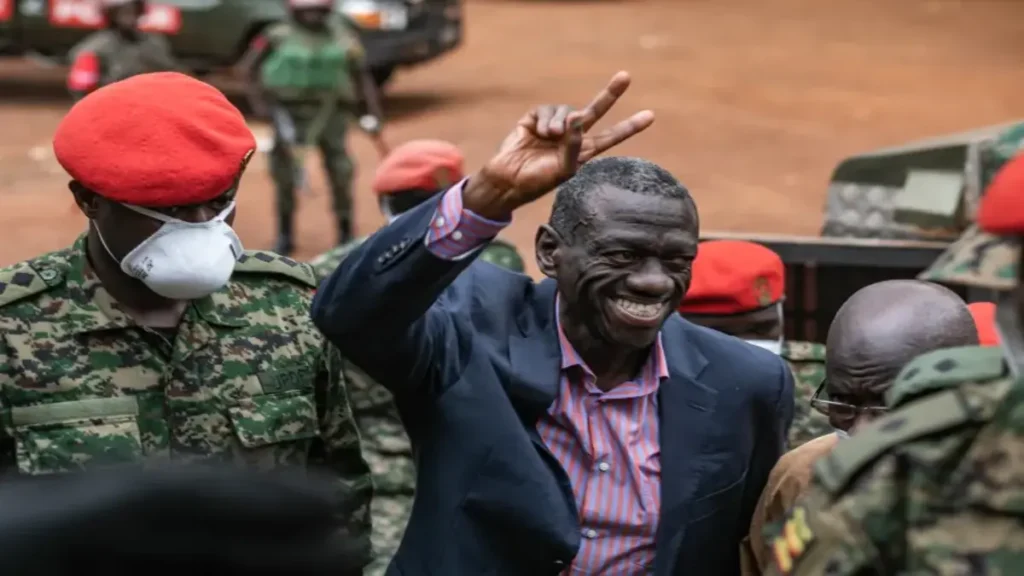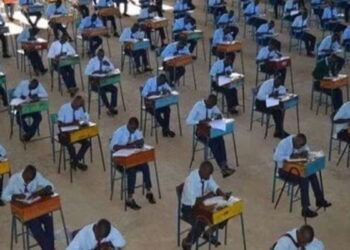Ugandan opposition leader Kizza Besigye faces serious legal challenges after a controversial abduction in Kenya. Kenyan authorities allegedly kidnapped Besigye from a Nairobi apartment on Saturday, November 16, 2024, before transferring him to Uganda for military prosecution.
The dramatic incident unfolded when Besigye attended a book launch in Kenya’s capital. Unidentified individuals reportedly intercepted him, removing him from an apartment where he had been meeting with Haji Obeid Lutale. His wife, Winnie Byanyima, executive director of UNAIDS, immediately raised alarm about his sudden disappearance.

Kenyan officials have denied involvement in Besigye’s abduction. However, the incident has triggered international concern about cross-border political tensions and human rights violations. Besigye’s unexpected transfer to Uganda highlights the complex political landscape in East Africa.
Upon arrival in Uganda, military prosecutors quickly arraigned Besigye in a Kampala court. The charges against him are significant and potentially damaging. Prosecutors allege he illegally possessed firearms and sought to undermine Uganda’s national security. They claim Besigye conducted meetings abroad designed to destabilize the government.

Veteran Ugandan opposition figure Kizza Besigye arrives at the Makindye General Court Martial in Kampala on November 20, 2024 .courtesy photo
Besigye’s legal team immediately challenged the proceedings. They argue that a military court lacks jurisdiction since he is not a military personnel. The lawyer demanded a civilian trial, emphasizing the apparent irregularities in his arrest and prosecution.
The case draws attention to long-standing tensions between Uganda’s opposition and President Yoweri Museveni’s government. Besigye, a prominent opposition figure, has consistently challenged the current administration’s policies. His repeated confrontations with the government have made him a significant political target.
International human rights organizations have expressed serious concerns about the abduction. They argue that Besigye’s arrest violates fundamental principles of international law. The cross-border nature of his kidnapping raises questions about diplomatic protocols and individual rights.
Kenyan authorities maintain they were not complicit in Besigye’s removal. However, the incident has strained diplomatic relations between Uganda and Kenya. Both nations are now under scrutiny for their handling of political dissidents and respect for legal procedures.
Besigye’s supporters have condemned the arrest as politically motivated. They view the military court proceedings as an attempt to silence opposition voices. The charges suggest a broader strategy to marginalize critical political figures in Uganda.
The opposition leader is scheduled to return to court on December 2, 2024. Legal experts and human rights monitors are closely watching the developments. Many anticipate the case will become a significant test of Uganda’s judicial independence and commitment to fair legal processes.
This incident underscores the ongoing challenges facing political opposition in Uganda. It reflects the complex dynamics of power, dissent, and legal accountability in the region. International observers continue to call for transparency and respect for due process.
As the legal drama unfolds, Besigye remains in custody. His wife continues to advocate for his release and fair treatment. The case has drawn significant media attention, highlighting the precarious position of opposition leaders in Uganda.
The international community watches closely, waiting to see how Uganda’s judicial system will handle this high-profile case. Questions about political freedom, human rights, and cross-border legal procedures remain at the forefront of discussions.



















